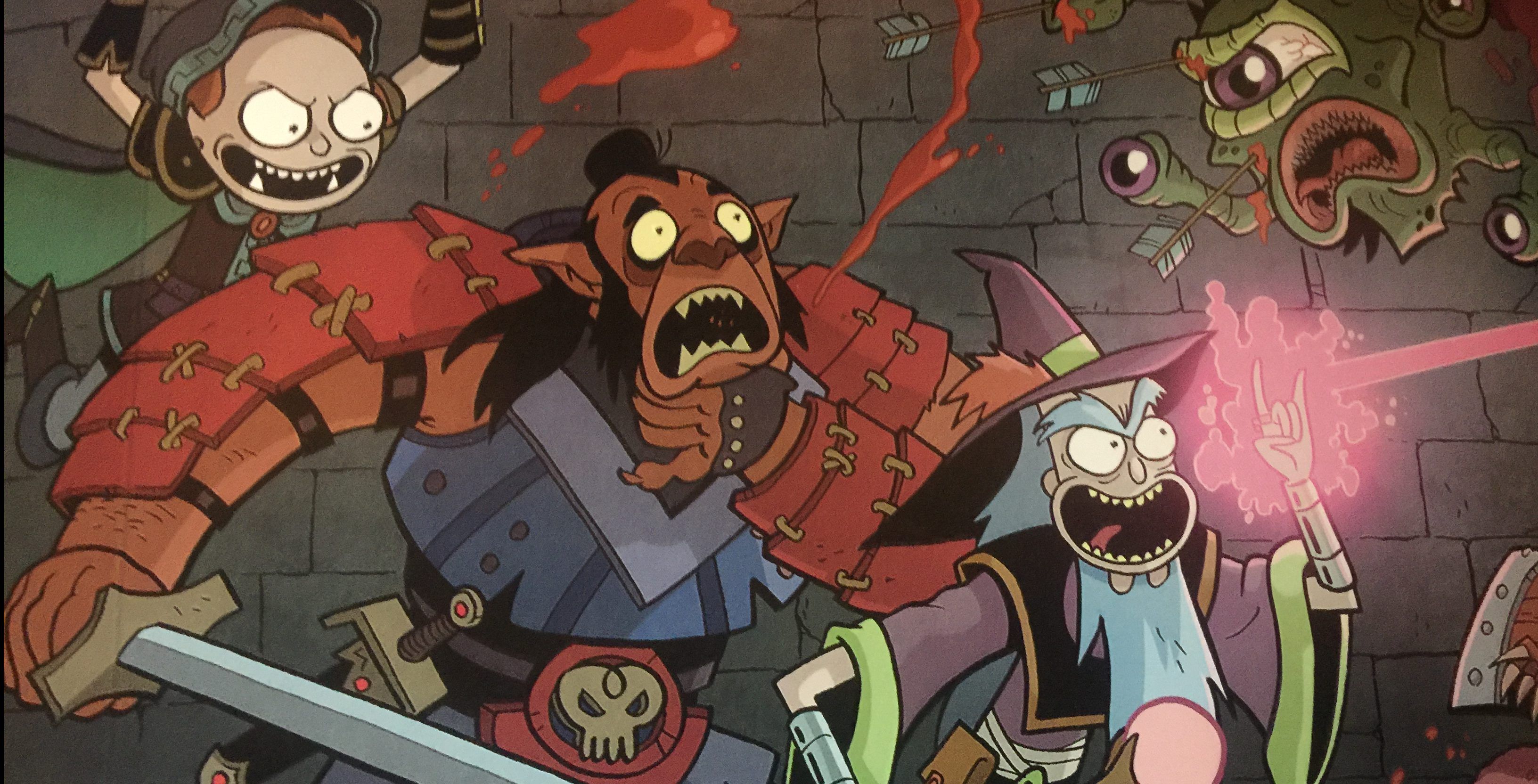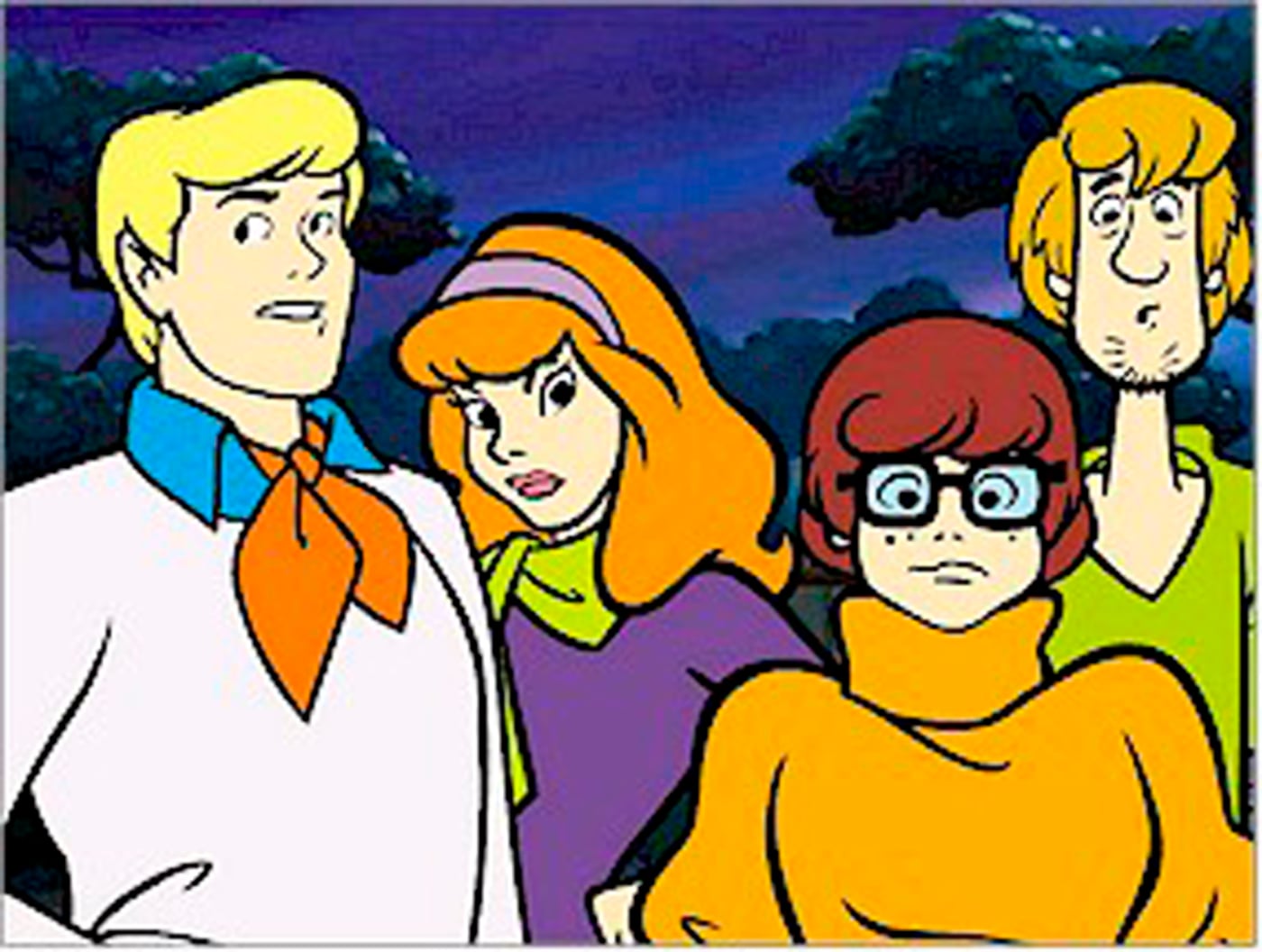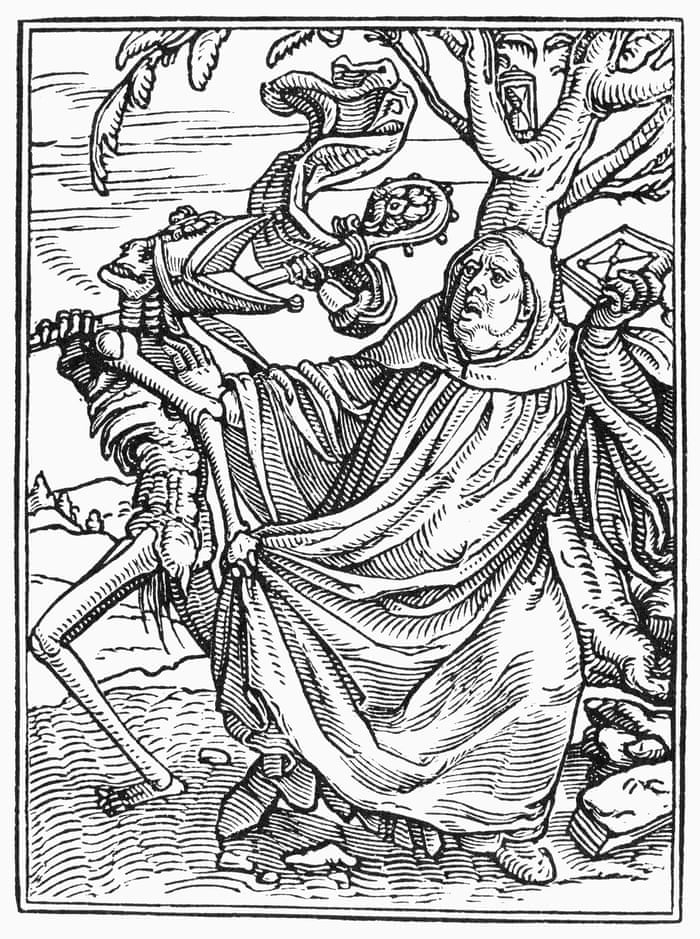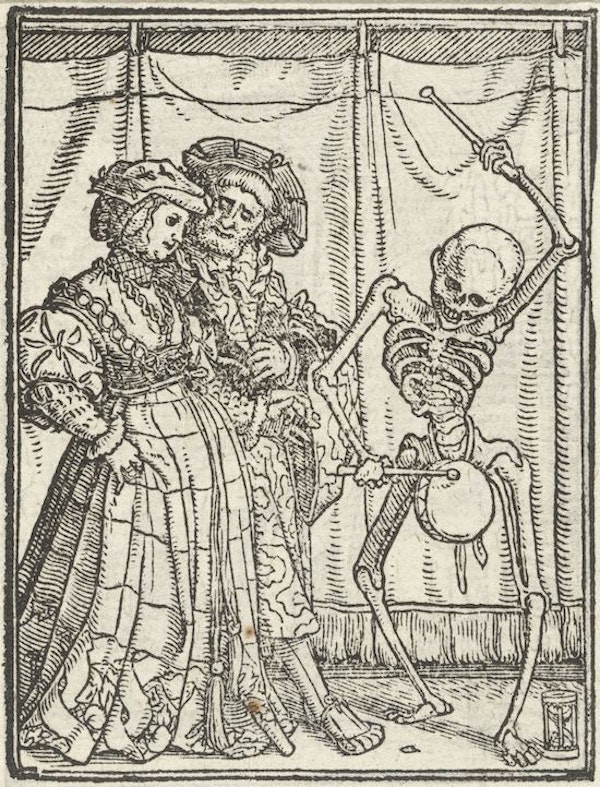Just yesterday somebody idly asked me whether I’d categorise the jiangshi as a revenant, zombie, or vampire.
The answer is both all, or neither, of course. The hopping ghost doesn’t scan to any one western typeset.
Nevertheless it can be a relevant query - because post-colonialism is a thing, and creators have to deal with how central the Occident is to our thoughts and imaginations.
He's right, of course. There's games that deal with the experience of colonialism, like Dog Eat Dog, or place you in the resistance against it, like Spire, but Zedeck's talking about what comes afterwards.It's almost embarrassing. I studied English Literature for my degree: I could tell you about the fey or Arthurian romance, or renaissance-era religion, but there's a big question-mark over the stories of the region I actually live in, aside from half-remembered children's stories. Doubly so, because I'm ethnically Chinese, a fourth-generation migrant, meaning the mythology of my land is not the same as the mythology of my ethnicity. Postcolonialism is the experience of forgetting, of knowing that you should know something but you don't.
Anyway, here's a GLOG-class.
----
Scholars debate the exact origin of gods, but they all agree on one thing: each god has incredible power over a small limited domain. And despite that, each god is greedy, and insatiable, and wants more.
It is, after all, common knowledge that the Blood God requires blood. Shrines to the blood-god always include a jar of engorged leeches, for tithes. Acolytes of the Swollen Fertility Goddess must swear vows of childlessness. And monasteries to Cinta, the Open-Hearted God of Love, are rife with betrayal and politicking. These are sacrifices that devotees make because their god craves these things.
Deep in the highlands, on the red ridges of the jungle mountains, a sect exists that worships the God of Memory.
| by Minsu Kim |
Monks of Memory
The novices of the God of Memory travel long distances from their mountain monasteries in search of experiences, which can then be offered up to the God of Memory, whose name nobody now remembers.
Starting Equipment: heavy robes (as leather), iron cudgel, forgotten trinket (roll on table)
Skills: Literacy, Religion
A: Tithe, Forgotten Things
B: Tithe, Self-Edit, Forgettable
C: Tithe, Take Memories
D: Tithe, Erasure
Forgotten Trinket: you carry an item of significance around with you, but can no longer remember why. Roll 1d6
1. A loop of hair, bound in red silk
2. A fragment of rich brocade
3. An ivory carving of a mounted rider
4. A polished human fingerbone
5. A miniature painting of a stranger
6. A jasmine-scented letter you cannot read
A: Tithe
At first level, list down a significant memory you have tithed to the God of Memory. It can be things like the sound of my mother's voice, or the face of my mentor. Every time you take a level in this class, detail another memory that you have forgotten. The last significant memory you will tithe is your name. Once you tithe your name, you can only ever be addressed as Monk. Your true name is lost.
A: Forgotten Things
The monk may call on the God of Memory to remember things forgotten, or secrets concealed. You may Test Wisdom when confronted with a situation that has been forgotten by living memory (Eg, an ancient trap-mechanism, a dead sorcerer-king's tomb from a hundred years ago.) If you succeed, the God of Memory reveals useful memories about this place. On a failure, the memories are false, partial or misleading.
B: Self Edit
Your memories are plastic, and can be edited by you. You have an eidetic memory. You can ignore the effects of long-term mental trauma by conveniently forgetting it.
B: Forgettable
The God of Memory has claimed you, and so you do not stick in the minds of others. If you do not draw attention to yourself, you can pass as a banal servant, a background figure, a harmless bystander. There is a 1 in 6 chance you will not be remembered when you meet someone again.
C: Take Memories
If you concentrate for a few moments, a series of ritual blows on the head from your cudgel can scramble someone's short-term memories. Your opponent has to be restrained or vulnerable in some way in order to deliver the blows. The target loses all memory of the last hour. The GM can choose to reroll on the Reaction Table if appropriate.
D: Erasure
You know a ritual that can erase a person from remembrance. It takes a week, a cart-load of herbs and rare metals, and a part of the person in question (hair, teeth or fingernails work fine). The person's name is forgotten, and all their acquaintances can no longer remember them. The God of Memory will take a valuable memory from you in exchange. A very well-known target (like a king or vizier) might require a higher price, like the knowledge of how to walk.







